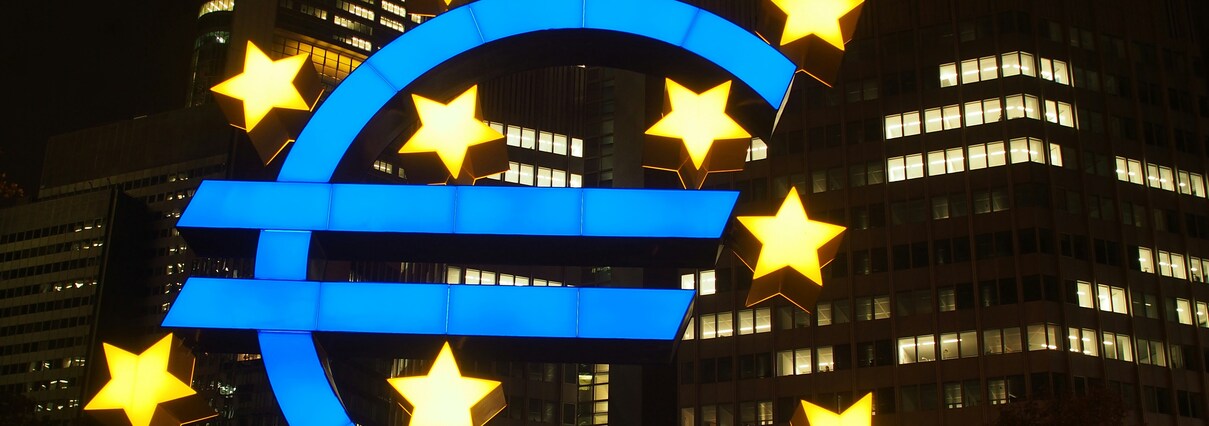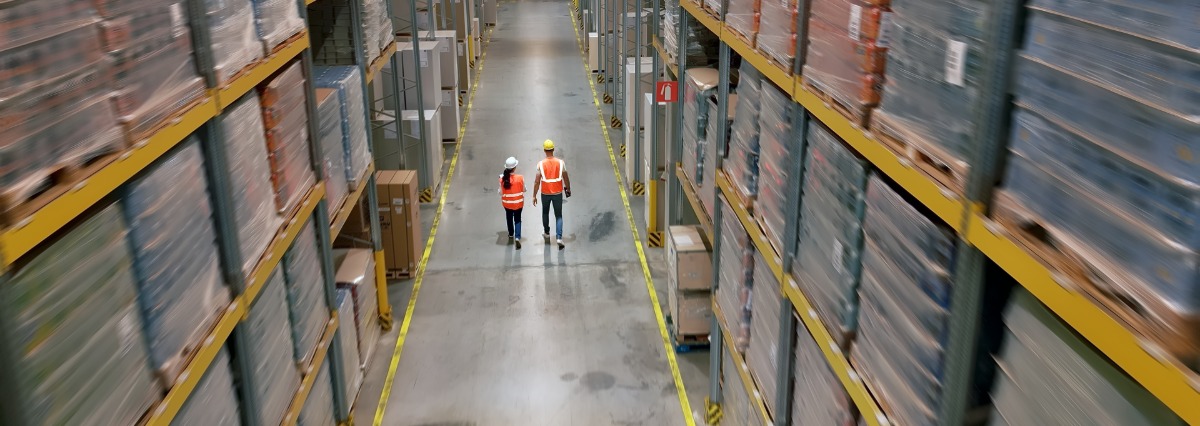Ahead of the first round of the presidential election from 26-28 March, the economic situation has stabilized markedly. Major reforms are now more than one year old (key devaluation by -50%, partial unwinding of capital controls, and progressive unwinding of subsidies) but are still delivering positive outcomes. Foreign capital inflows have remained strong and helped import cover to reach a new high of 9 months. There were winners and losers in the short-run. Local manufacturers were among the winners, gaining market share since the lower EGP improved export competitiveness and was a powerful import diverter. But consumer-related sectors were hit by higher inflation. Now, that inflation is decreasing rapidly (from 30% in 2017 to an expected 12% in 2018), Egypt should reach higher growth in the current fiscal year: we expect +5.2%, after +4.2% in the previous one. And this growth should be more broadly based, on exports (forecast to rise by +10% in volume) as well as on domestic demand. Energy should also contribute positively to growth since new oil fields should generate increasing output.















